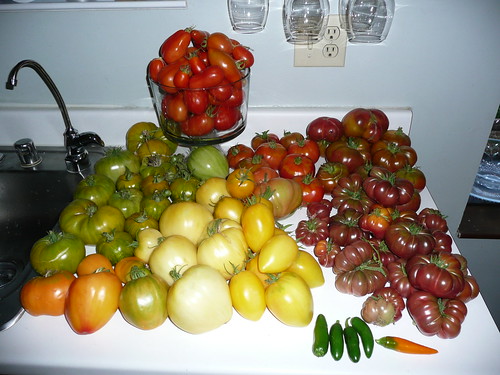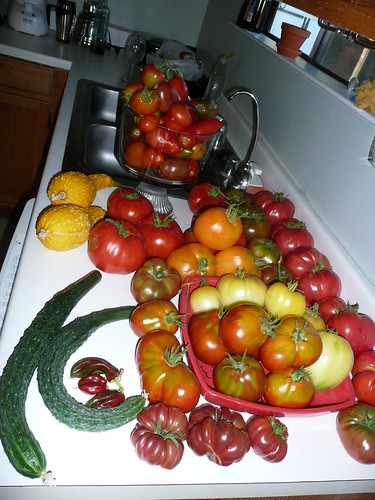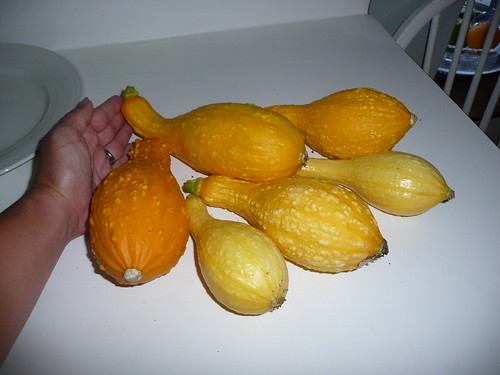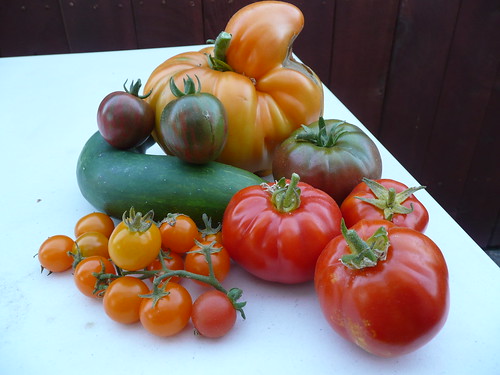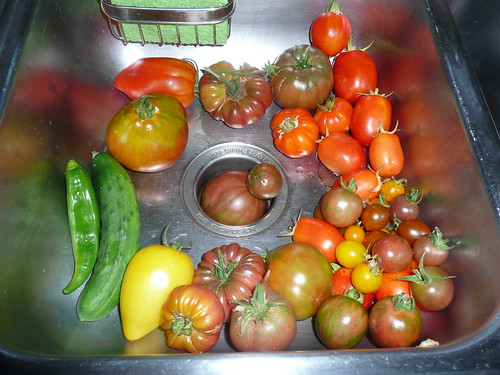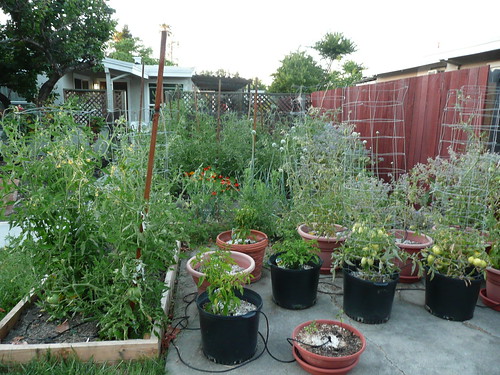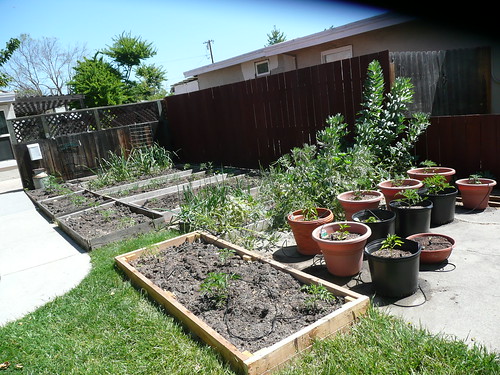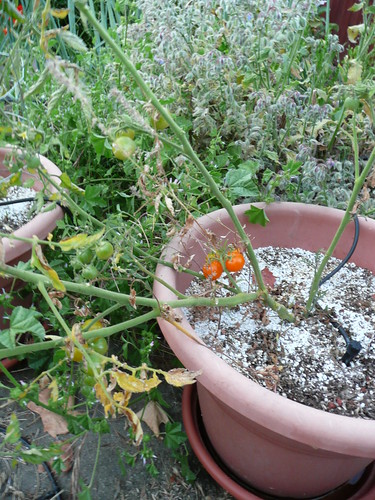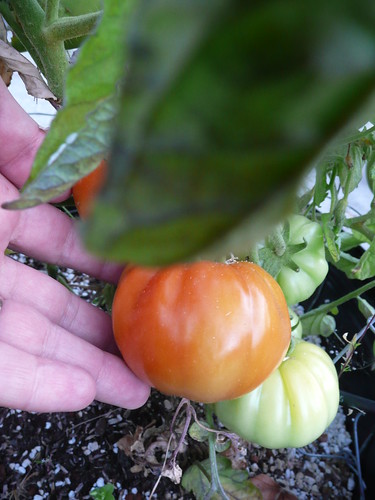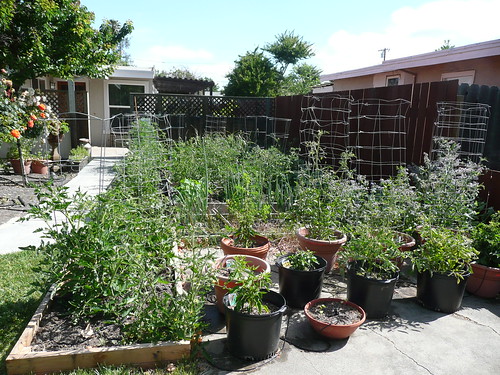Recently, several states have made attempts at expanding their taxation of out-of-state businesses who provide services or products to customers within the state. (See generally, the Tax Foundation Special Report No. 176, March 2010).
In many of the analyses I’ve read, folks have jumped straight into the state law analysis. But, unless and until federal law changes, there are constitutional limits on states’ rights to tax out of state Businesses
Federal Law
The Supreme Court of the United States has issued a long line of cases which holds that in order for a state to tax a business conducted within that state there must be a “Substantial Nexus” between the business and the state.(*1) Developments in the delivery of electronic communications over the Internet have made it easier than ever before for out-of-state businesses to deliver goods or services to customers within states where they have no substantial nexus under the traditional test.
Specifically, the Supreme Court has issued a bright line distinction between . . . sellers with retail outlets, solicitors, or property within a State . . . on one hand and those who do no more than . . . communicate with customers in the State by mail or common carrier as part of a general interstate business . . . on the other hand.(*2) The Court has consistently held that businesses belonging to the second group (e.g. those who have no agents within the state, but communicate with customers and deliver products to customers via generally available distribution channels within a state as part of a general interstate business) may not be taxed by the state where customers reside because it places an undue burden on interstate commerce.
This initial federal legal analysis is very important to complete before performing the analysis of the applicability of a state’s tax law.
State taxation of goods and services that are provided by out-of-state businesses over the Internet is an evolving area of the law. In 2007, the U.S. Congress extended the Internet Tax Moratorium until the year 2014,(*3) signaling Congress’s commitment to prohibiting multiple and discriminatory taxes on Internet usage. Recently, several states have taken aggressive stances attempting to assert the right to tax goods and services delivered to such states via Internet usage.
Amazon.com, in particular, is actively disputing several of these newly enacted tax laws. Amazon has responded to laws that claim the state has a right to assert taxes on sales to residents in the state as a result of Amazon’s affiliate program by (i) canceling the affiliate program in the applicable state; or (*4) (ii) challenging the state’s right to tax it in court (and thereby subjecting the state’s tax collections to dispute and making them difficult for the state to use).(*5)
The case law that will arise as a result of Internet-based companies disputing these state laws should provide some additional clarity. Additionally, it is important to note that it is the U.S. Supreme Court’s interpretation of the Congress’s exercise of its powers under Commerce Clause of the Constitution that provides mostt of the limits on how far states may extend their power to tax out of state businesses. It is not only future case law that may modify the law in this area — in the event that the U.S. Congress were to pass new legislation with an express position on interstate commerce and state taxation of out of state business over the Internet, the law would necessarily change.
Therefore, Software-as-a-Service providers need to be diligent about staying abreast of new developments in the law in these areas to ensure that they are in compliance with the current laws of the United States as well as the various states where they have customers.
*NOTES:
(1)Quill Corp v. North Dakota, 504 U.S. 298 (1992).
(2)National Bellas Hess, Inc. v. Dept. of Rev. State of IL, 386 U.S. 753 (1967)
(3)Tax Foundation Special Report No. 176, March 2010 http://www.taxfoundation.org/publications/show/25949.html
(4)(e.g. Colorado, North Carolina, and Rhode Island) Id.
(5)The New York trial court found for the State of New York, the case is currently on appeal to New York’s intermediate court, the New York Supreme Court, Appellate Division. Id.

